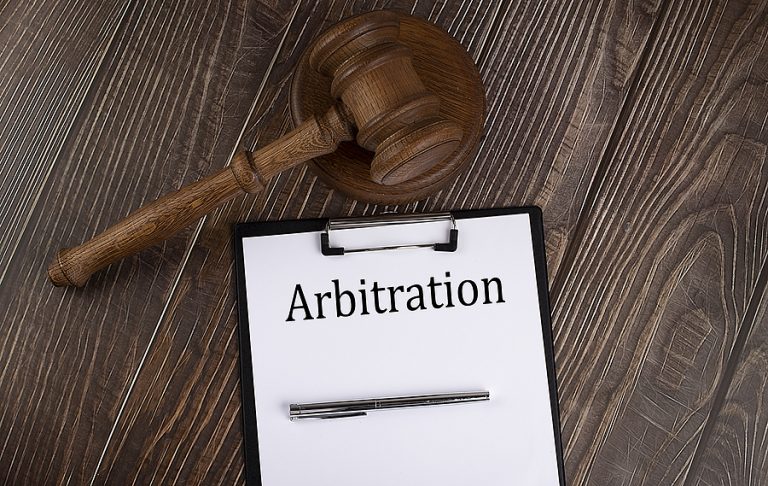Even Injury Case Arbitration In Florida Should Have A Good Lawyer Present
 Michael Babboni
Wrongful Death
When there’s a legal dispute, especially for circumstances like personal injury or wrongful death due to negligence, it’s not unusual for the arguing parties to settle their differences in court with a lawsuit. In this venue, the wronged party tries to prove to a judge or jury that their grievance is legitimate and that the defendant should be legally compelled to provide the compensation owed.
Michael Babboni
Wrongful Death
When there’s a legal dispute, especially for circumstances like personal injury or wrongful death due to negligence, it’s not unusual for the arguing parties to settle their differences in court with a lawsuit. In this venue, the wronged party tries to prove to a judge or jury that their grievance is legitimate and that the defendant should be legally compelled to provide the compensation owed.However, there is another alternative to suing someone in a court of law, and that is going the route of arbitration. But arbitration, even though it takes place outside the confines of a courtroom, is an activity for which an experienced lawyer is still absolutely essential.
What Is Arbitration?
As the name implies, arbitration is a negotiation between two disputing parties that attempts to arrive at a settlement through the use of an arbitrator. The arbitrator takes on the role that a judge would occupy in court, overseeing the activities and attempting to maintain order while managing the process of the two parties working to negotiate a final resolution. In some cases, there is more than one arbitrator, and an arbitration panel oversees the negotiations.
In some respects, arbitration resembles the courtroom process. Many of the same elements that comprise a lawsuit take place here, including:
• Filing documents
• Investigation and evidence collection
• Evidence presentation
• Witness testimony
• Arguing the merits of the case
However, all of this occurs in front of an arbitrator instead of a judge or jury.
The Big Differences
While there are many similarities with a lawsuit in court, there are also some very big differences. For example, the lack of a jury is one where there’s no need to convince a group of people to unanimously find in favor of the plaintiff to reach a decision. The arbitrator makes the final call based on the evidence, testimony, and arguments.
However, there is another even bigger difference: arbitration may or may not be legally binding, as opposed to a courtroom verdict, which is usually the final word.
Binding Or Non-Binding
There are two types of arbitration, known as non-binding and binding arbitration. In non-binding arbitration, if a final resolution is reached that one of the disputing parties is not happy with, then the outcome does not have to be concluded, and it’s possible to take other actions, such as resuming a lawsuit to get a final judgment in court.
In a binding arbitration, both parties agree that once an outcome is decided upon, the negotiation is concluded. The results cannot be nullified or contested by a civil lawsuit in court. In effect, a binding arbitration is like a court verdict and must be followed with no additional legal recourse available.
Faster Results With Some Risk
One of the biggest benefits of disputing parties choosing arbitration is that it is often faster and cheaper than a lawsuit. Civil court dockets are quite full, so it may be months or even years before a case finally gets its day in court. The infrastructure of a court process isn’t cheap either, as the bureaucracy of the legal system as well the services of attorneys, rack up considerable expense as time passes.
However, there is also some risk with the arbitration. For example, while the arbitrator’s word is final, the arbitrator may not be completely impartial. It’s possible to get biased arbitrators that actively work toward a specific result rather than fairly hearing out evidence and arguments and arriving at a conclusion.
This is one of the many reasons why should you decide to settle an injury compensation dispute through arbitration; you should not attempt to negotiate this yourself. Talk to an experienced personal injury attorney with the skills and know-how to negotiate a successful arbitration.
